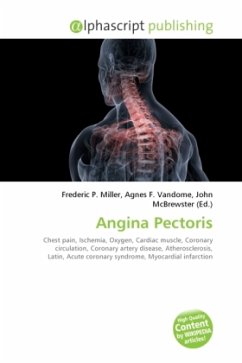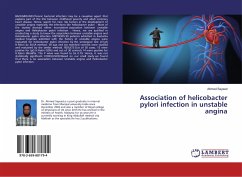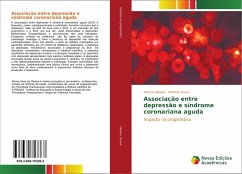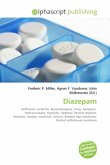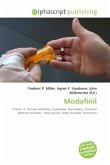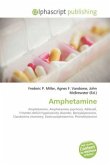Angina pectoris, commonly known as angina, is severe chest pain due to ischemia (a lack of blood and hence oxygen supply) of the heart muscle, generally due to obstruction or spasm of the coronary arteries (the heart's blood vessels). Coronary artery disease, the main cause of angina, is due to atherosclerosis of the cardiac arteries. The term derives from the Latin angina ("infection of the throat") from the Greek ankhone ("strangling"), and the Latin pectus ("chest"), and can therefore be translated as "a strangling feeling in the chest". It is not common to equate severity of angina with risk of fatal cardiac events. There is a weak relationship between severity of pain and degree of oxygen deprivation in the heart muscle (i.e., there can be severe pain with little or no risk of a heart attack, and a heart attack can occur without pain). Worsening ("crescendo") angina attacks, sudden-onset angina at rest, and angina lasting more than 15 minutes are symptoms of unstable angina (usually grouped with similar conditions as the acute coronary syndrome).
Bitte wählen Sie Ihr Anliegen aus.
Rechnungen
Retourenschein anfordern
Bestellstatus
Storno

